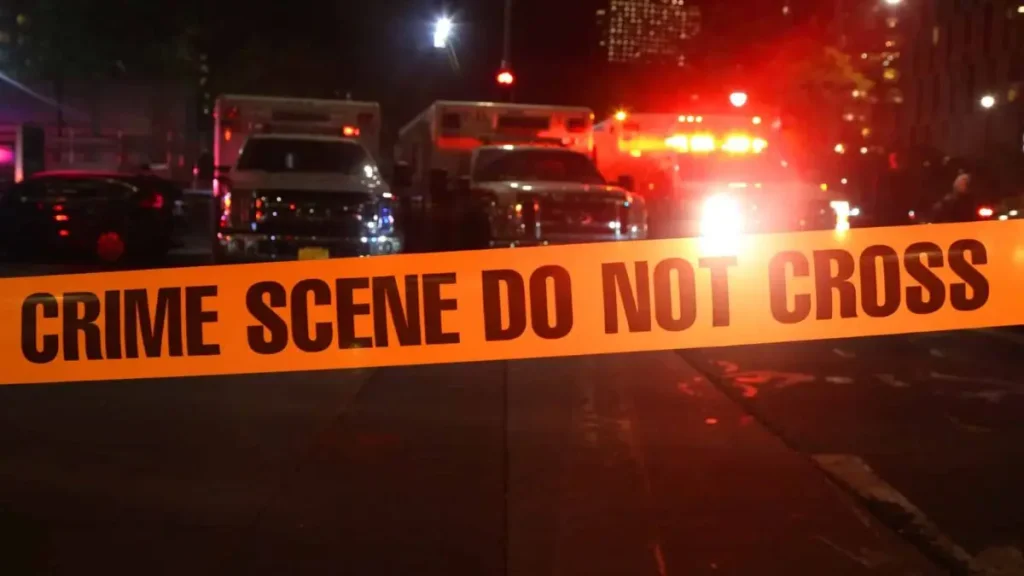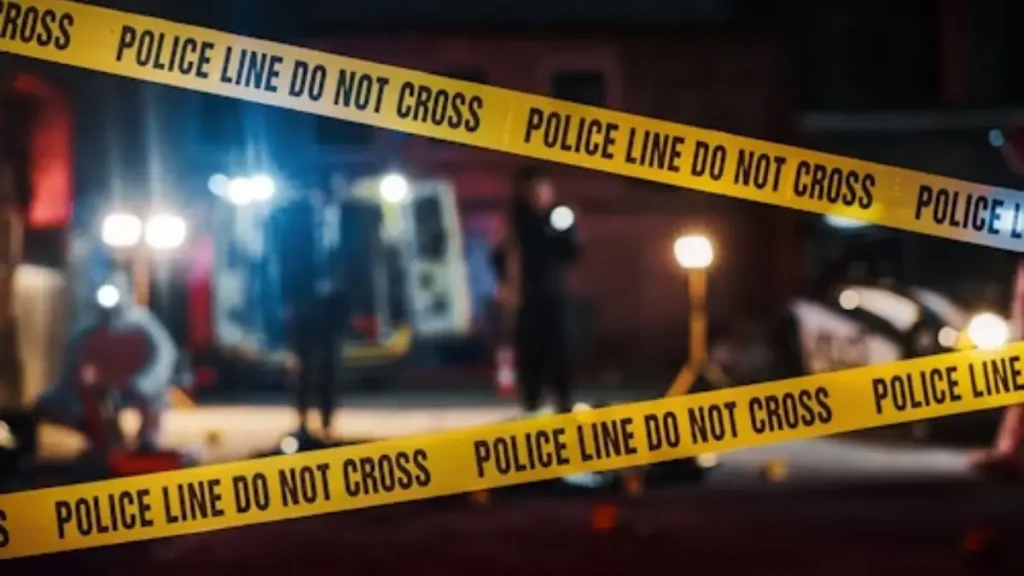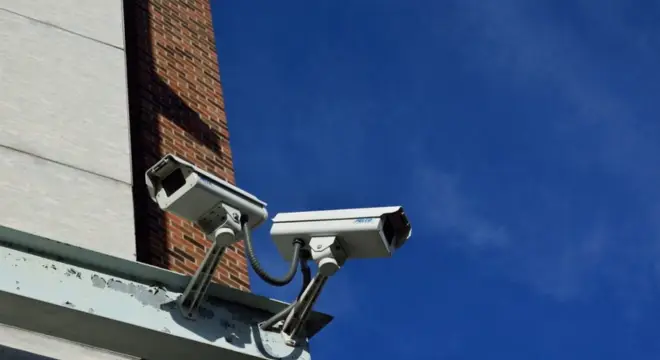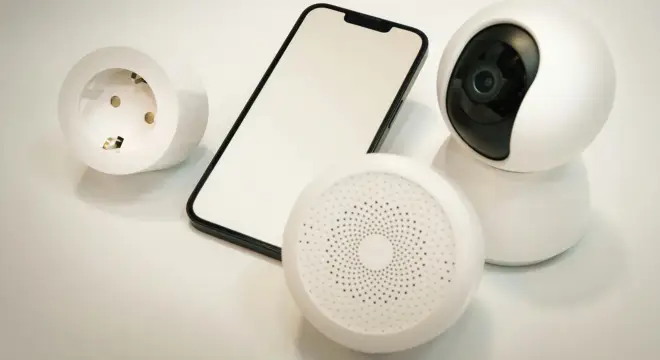Burglars Target Tacoma Home, Leaving Property Damaged and Looted
When you walk up to your own front door, the last thing you expect to see is a hole punched through it — a sign that someone’s been inside, tearing through the pieces of your life. I read about what happened to Monica Miles in East Tacoma, and it stayed with me. Her home wasn’t just broken into — it was ransacked, violated, and stripped of memories that can’t be replaced.
She came back from a dentist appointment, probably thinking about nothing more than dinner plans or the next day’s errands. But as she got closer, she saw trash scattered across the sidewalk and insulation spilling from her attic. That’s when it hit her — something was terribly wrong.
I’ve seen a lot of burglary stories in Tacoma, but this one feels personal. Maybe because you can imagine yourself in her place — walking in and realizing strangers had gone through every drawer, every cabinet, even the attic you rarely touch. They took her jewelry, her perfumes, even a chest she’d filled with her daughter’s keepsakes for Christmas. It’s the kind of loss no insurance check can fix.
You can almost feel her heartbreak when she says, “It might not have been anything to them, but for me, this is my home.”
That one line captures what burglary really is — not just theft, but an invasion of trust and safety.
And if you live in Tacoma, you probably feel a mix of sympathy and unease right now. Because stories like Monica’s remind you that this isn’t happening somewhere far away — it’s here, in our own neighborhoods.
So the question is — How safe do you actually feel in your home? Have you ever looked around and wondered what you’d lose if someone broke in?
The Break-In: A Normal Day That Turned Devastating

According to a report by KING 5 News, Monica Miles had only stepped out for a routine dentist appointment. When she came back, her East Tacoma home looked like a crime scene. Trash littered the walkway, a hole gaped through her front door, and insulation from the attic lay scattered across the floor.
I can imagine that moment — the pause at the door, the sinking feeling before you even turn the knob. She didn’t go inside right away. She did what most of us hope we’d have the presence of mind to do: she called 911.
Police arrived quickly and found her home completely ransacked. Security footage from a neighbor’s camera later showed multiple people walking in and out, hauling bags of stolen items as if they owned the place. They came back again and again, five or six times. That detail hits hard — it wasn’t just a quick grab; it was deliberate.
When you see something like that, it’s not just about the loss. It’s the realization that strangers spent time inside your home — touching your things, deciding what was worth keeping and what to leave behind. That’s the kind of wound that doesn’t heal easily.
The Emotional Cost: More Than Just Stolen Things
If you’ve ever lost something sentimental, you know that some things can’t be replaced — not with money, not with apologies. Monica said the burglars took her jewelry box, her perfumes, even a chest she’d prepared for her daughter’s Christmas gift. Inside were childhood keepsakes, things with no market value but priceless meaning.
That part hit me hardest. Because when someone breaks into your home, they don’t just steal what you have — they steal what your memories rest on. It’s one of the quietest forms of grief, and yet few people talk about it.
You might have heard the line, “Material things we can get back, but personal things you can’t.” She’s right. No insurance adjuster can understand that kind of loss. It’s emotional damage that lingers long after the locks are changed.
The Salishan Community & the Bigger Safety Question
Monica lives in the Salishan neighborhood, a place managed by the Tacoma Housing Authority — a community known for its strong history and resilience. But after something like this, she’s asking a question that a lot of residents quietly wonder: Is anyone really watching out for us?
She told KING 5 she wishes there was more communication — that when incidents like this happen, residents should be alerted, reminded to stay aware, maybe even offered support. She’s not wrong. A neighborhood feels safer not just because of police patrols, but because people talk, share, and look out for one another.
If you live in Tacoma, especially in a housing community like Salishan, it’s worth asking yourself: do you know your neighbors well enough to notice when something feels off? Because sometimes awareness is the first real line of defense.
Tacoma’s Burglary Problem: It’s Bigger Than One Story
As heartbreaking as Monica’s case is, it’s not isolated. According to Tacoma Police Department data, more than 400 residential burglaries have been reported in the city this year alone. That’s more than one break-in every day — and that’s just what’s been reported.
I’ve been tracking local crime trends, and Tacoma has consistently reported higher property crime rates than many cities its size. It’s not just about poverty or opportunity — sometimes it’s about timing, patterns, and a perception that homes are easy targets.
If you think this could never happen in your neighborhood, I’d caution you to think twice. These aren’t always the classic “night-time break-ins.” Many happen during the day, when people are at work or running errands. That’s what makes them feel random, but they’re often not.
The good news? Awareness helps. The more people talk about it, the harder it becomes for patterns to go unnoticed.
Similar patterns have been seen in other parts of the country too — like two homes targeted in Atherton within an hour, where police say thieves worked in quick, coordinated bursts.
Why Homes Like Monica’s Get Targeted?

Criminals look for small signs — an uncollected package, an unlit porch, a side gate left open. In Monica’s case, she’d been staying part-time with her partner and was preparing for renovations, meaning some things were already packed or off the walls. To a burglar, that might’ve looked like a temporarily empty home — a perfect target.
That’s why I always tell homeowners: it’s not about being paranoid; it’s about being observant. If you’re away for even a day, let a neighbor know. Keep lights on timers. Use motion sensors. Small things make a big difference.
You can’t stop every burglary, but you can make yours a harder home to hit. And sometimes, that’s enough to make them move on.
In a recent case, two suspects charged in a Walnut Creek home burglary admitted they watched properties that “looked temporarily empty” — proof that burglars often study subtle details before striking.
Protecting Your Tacoma Home: Practical Steps That Actually Work
When stories like Monica’s surface, most people react with sympathy — and then go back to life as usual. But if you live in Tacoma, this is the time to act, not react.
You don’t need an expensive system or a high-tech fortress to make your home safer. What you need is awareness and a few smart choices. Start with the basics: sturdy locks, bright motion-sensor lights, and trimmed bushes that don’t give cover to anyone creeping around your yard.
If you can, invest in a small security camera system — even something as simple as a doorbell cam. Most burglars aren’t professionals; they’re opportunists. The sight of a camera or even a small “surveillance” sticker can make them think twice.
And don’t underestimate community. Tacoma has a few active neighborhood watch groups and local online forums where residents share suspicious activity in real time. Being connected can alert you before a stranger ever reaches your doorstep.
Practical tip: Check if your area qualifies for the Tacoma Police Department’s free home security assessment. It’s one of those local resources most people don’t even know exists — and it can identify weak spots you might overlook.
You can’t change what happened to Monica, but you can learn from it. Start small. Act today.
Lately, a few Tacoma residents have started sharing quick local safety alerts and burglary updates through community WhatsApp channels — a smart way to stay informed without waiting for official reports.
The Emotional Recovery: Healing After a Burglary
No one talks enough about what comes after — the fear that creeps in when you try to sleep, the way every creak in the house makes you tense up. Monica’s story isn’t just about stolen things; it’s about learning to live in a space that no longer feels entirely yours.
If you’ve ever been through a burglary, you know that rebuilding trust in your surroundings takes time. Some people move, others replace everything, but most quietly cope — one night at a time.
Here’s what I’ve learned talking to victims over the years: healing starts when you stop blaming yourself. You didn’t “invite it.” You didn’t “forget to lock the right thing.” Crime is about choice — theirs, not yours.
Still, it helps to take back control. Change the locks. Rearrange the furniture. Reclaim your home, physically and mentally. And if you’re part of a community like Salishan, talk about it. Silence makes fear stronger.
The Bigger Picture: Why Tacoma Needs to Pay Attention
There’s a bigger conversation here — one that goes beyond a single burglary. Tacoma’s rising property crime rate is not just a police problem; it’s a community one. When communication breaks down, criminals thrive. When neighbors don’t talk, patterns go unnoticed.
The Tacoma Housing Authority, local police, and residents each play a role. Security isn’t just hardware — it’s awareness, empathy, and cooperation.
If you look at crime data, Tacoma’s numbers are concerning — but not hopeless. In the past few years, community policing programs and local camera-sharing initiatives have helped identify suspects faster. The more residents participate, the safer everyone becomes.
So when you hear about Monica’s story, don’t just think “that’s terrible.” Ask, “what can we do as a community so it doesn’t happen again?”
That question alone — asked enough times — starts change.
Even large cities aren’t immune — in New York, a Queens home was robbed of $3 million in jewelry, showing how property crimes are evolving from suburban to urban zones alike.
A Final Word: What You Can Do Today
You don’t need to live in fear, but you do need to live prepared. Whether you’re in Salishan or another Tacoma neighborhood, safety starts with you.
Here’s what I’d suggest:
- Take a slow walk around your home tonight and look at it like a stranger would.
- Lock what’s loose. Light what’s dark.
- Talk to one neighbor — just one — and agree to keep an eye out for each other.
Small steps build strong communities.
And if you know anything about the burglary that shattered Monica Miles’ home — or any similar incident — please reach out to Tacoma Police at (253) 287-4455. Even the smallest detail could help someone sleep easier tonight.
Because in the end, this isn’t just about one Tacoma home burglary. It’s about all of us making sure our homes — and our sense of safety — stay ours.
If you’re following local safety stories like this, you’ll also want to read how other communities are fighting back. Visit our Home Security section for more real updates and preventive insights.
Disclaimer: Details in this article are based on verified reports and Tacoma Police Department data. This story reflects publicly available information as of the latest update and may change as investigations progress. Readers are encouraged to follow official Tacoma Police updates for the most accurate and current information.


